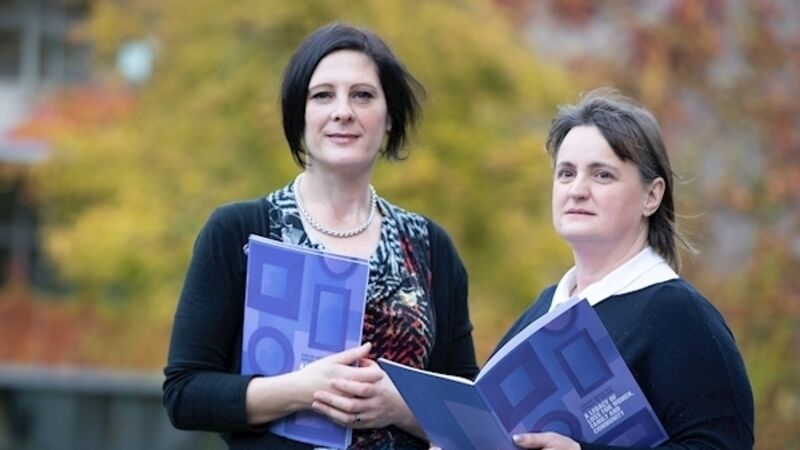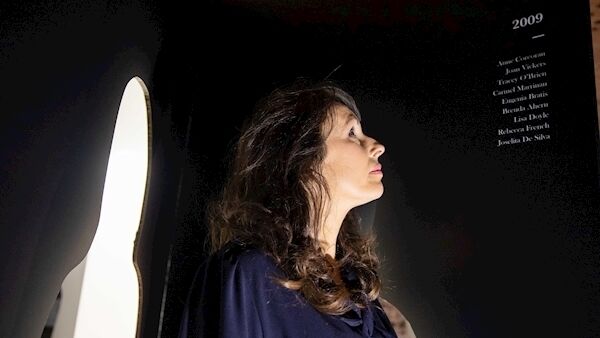'We need to aim for zero women or children, or men for that matter, being killed in a domestic situation.'


Ryan Hart, who addressed the launch of Women's Aid's 2019 Femicide Report, may not be Irish, but his story is one that will be eerily familiar to an Irish audience.











